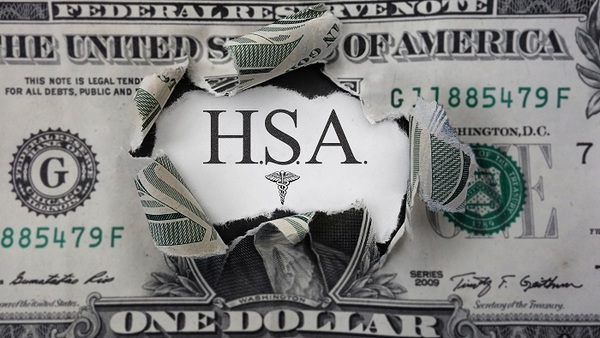 many Americans are unaware that they can use their HSA assets to pay for health care and long-term care expenses in retirement. (Photo: Shutterstock)
many Americans are unaware that they can use their HSA assets to pay for health care and long-term care expenses in retirement. (Photo: Shutterstock)
Only a quarter of Americans with health savings accounts (HSAs) plan to use their account assets to fund future health care costs in retirement, according to a new joint study by the LIMRA Secure Retirement Institute and the Insured Retirement Institute.
The groups surveyed consumers, financial advisors, asset managers and employers to get a complete understanding of the HSA market and how the accounts are used. The study includes 2017 survey results from of 2,141 Americans, weighted to represent the U.S. population; 132 active financial advisors; and 1,497 private employers with 10 or more employees.
Recommended For You
The survey finds that 51 percent of Americans believe they are knowledgeable about HSAs, which indicates there is much to be done to educate consumers, advisors and employers of the full benefits of HSAs.
According to the survey, many Americans are unaware that they can use their HSA assets — accumulated in their working years — to pay for health care and long-term care expenses in retirement.
Two in five Americans mistakenly believe that balances must be spent by the end of the year or forfeited. This may explain why 74% of the 294 non-retired workers participating in an HSA said they use it to pay for current health care expenses. The remaining 26% said they plan to save their HSA assets for future health care expenses.
"Today, only a quarter of Americans plan to use HSA assets to fund future health care costs in retirement," noted Judy Zaiken, corporate vice president and project director at LIMRA. "The findings underscore a great opportunity for the industry to educate consumers and advisors on the value of using HSAs for tax-free asset growth and as a financial hedge against retirement health care costs, which is still an uncommon strategy."
According to the study, many advisors are addressing the growing costs of health care and long-term care with their clients as they plan for retirement.
Nine in 10 advisors surveyed say they typically discuss health care or long-term care with clients, and 7 in 10 have specifically addressed the use of an HSA.
Those who do not discuss HSAs acknowledge they have insufficient expertise with the accounts, according to the survey. Nearly all advisors (96%) surveyed say they would like to learn more.
In response to the study's findings, IRI President and CEO Cathy Weatherford stressed the need for the industry to provide education.
"As the onus of providing income during retirement is increasingly the responsibility of the individual, it is critical for the retirement income industry to drive consumer education on the value of participating in an HSA," she said in a statement. "While the need for more education is clear, it is encouraging to see the continued growth of HSAs over the past decade and the increasing number of employers offering and seeking avenues to offer these accounts in their benefit packages."
© 2025 ALM Global, LLC, All Rights Reserved. Request academic re-use from www.copyright.com. All other uses, submit a request to [email protected]. For more information visit Asset & Logo Licensing.








